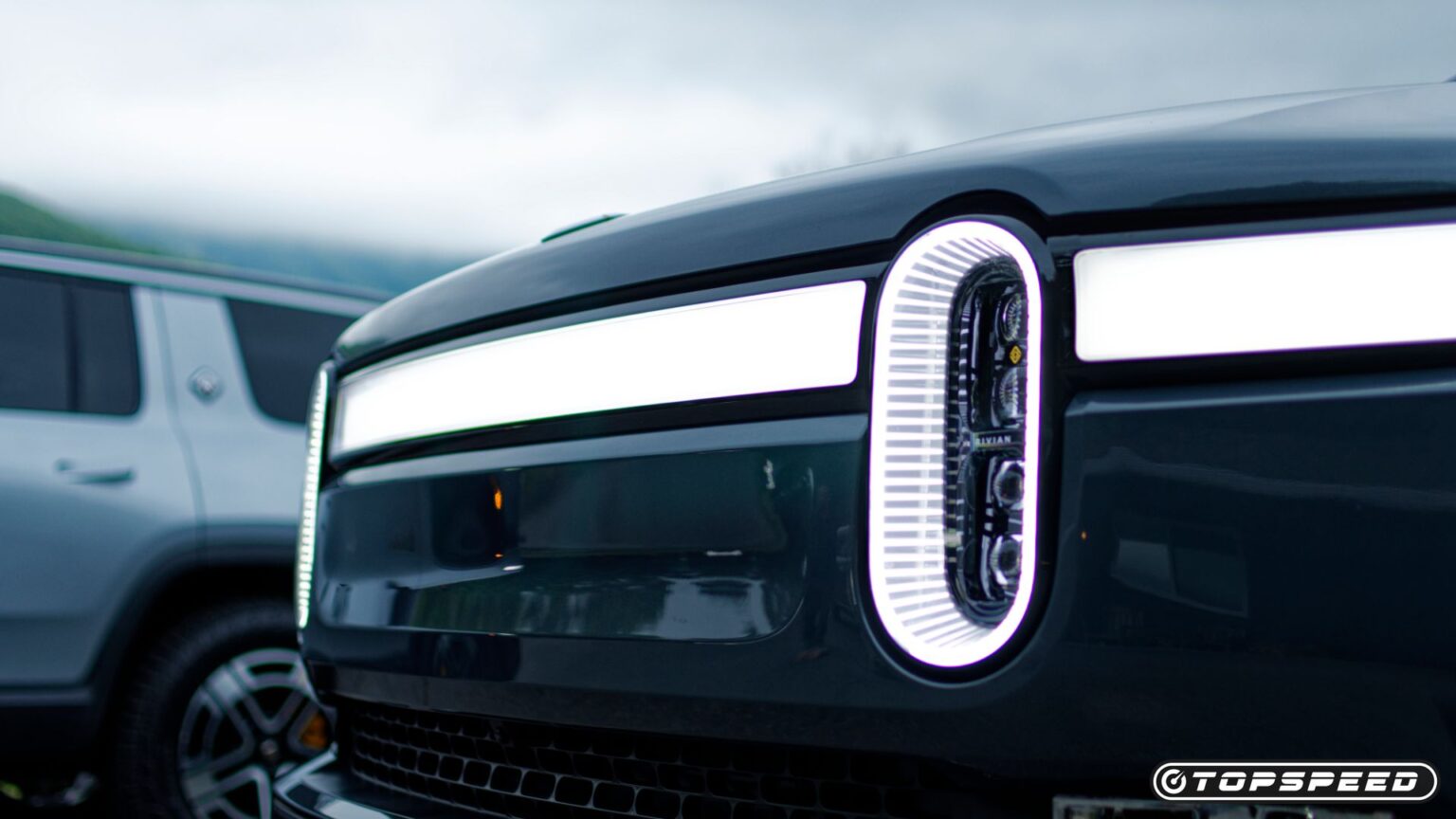Rivian, the EV maker, has acknowledged something that every carmaker knows, but seldom articulates: cars aren’t the ideal mode for a lot of travel. In saying the quiet part out loud, Rivian recently announced as well that they’re spinning off a micromobility company called Also, and with no small amount of seed capital, $105 million. That’s too little dough to start a car division, but if you want to focus on, oh, e-bikes, electric scooters, and perhaps low-mile-per-hour golf carts and UTVs, it’s actually a fair chunk of change.
Rivian is also saying—this time, quietly and cryptically—that Also may be the ideal way into transit in the developing world. There, scooters that run on gas are common, and electrification is slowly spreading, too, in ways that you only see in dense cities in the U.S. Think e-bikes for delivery, but in the case of Africa, for example, these are becoming the dominant forms of transit and commerce.
If the play by Also is to get into the e-scooter game and transform it, this is a bit of what it could look like.
Swappable Batteries are Critical
Here’s an issue that moto brands like Zero have faced for years: weight. It’s relatively speaking, easier to add range to a car, where the driver doesn’t have to balance the weight of the batteries, than to beef up the cell count for an electric, two-wheeled vehicle.
Zero gets around this, kinda, by mostly selling a luxury lifestyle item for a dedicated moto fanbase at pretty high price points, above $12,000. They’re not in the lightweight scooter game, or the short-distance game. But, again, Zeros aren’t cheap.
The way through the cost-vs.-range-vs.-weight gauntlet is to sell city-focused shredders that are lighter, can’t go as far but don’t have to, and also set up a battery “ride-share” model where customers pool battery ownership as part of a network. Rivian could sell e-scooters/mo-peds that are less expensive to own, and create a membership “battery club” model.
Bicycles? Probably Not
Electric bikes have advantages, because they’re more friendly for most folks than bikes without batteries. However, the e-bicycle market is tremendously crowded and extremely cost competitive. Unless Rivian/Also want to sell bikes for $2,000 or under, they’ll struggle to gain traction.
And because Rivian/Also say they intend to use their own tech on “software, electronics and electric propulsion,” that’s going to cost more. Again, think of weight and range factors involved. Rivian hasn’t had to obsess over factors like humping a personal transport vehicle over a curb or carrying it up an apartment’s staircase. And even if the answer here is that Rivian/Also knows a lot about tech, this is a different field.
Rivian’s Strengths
Rivian has tackled marketing a lot better than, oh, Tesla. In a world of appliances, standing out matters. And so does listening to customers. Rivian’s even thinking in terms of making community hubs out of their non-dealer showrooms. You could imagine Also leveraging those locations as forums for trial-ballooning products, even at tiny scale, to beta-test what buyers actually want. There’s far lower downside risk to that strategy than spending tens of millions on a big splashy, too-this-or-that (i.e., too expensive, too heavy, etc.).
Rivian said its study of micromobility showed that its strengths could be applied “to create an advantaged cost structure and greatly enhanced product relative to currently available offerings.” Ok. Putting that into something closer to English, Also’s newly minted CEO Chris Yu told Heatmap News that Rivian’s tech would enable “walking up to your vehicle and having it automatically know that it’s you and unlocking.” Yu went on to say that this could further enhance safety, to prevent your ride—whatever format it takes—from being swiped.
TopSpeed’s Take
We’ve been here before. Remember that Apple has been trying and failing for a while to challenge Sonos in home audio. And carmakers from Porsche to Ferrari to Jeep have stuck their stickers onto bicycles and other products. Ferrari makes a ton off merch, so this isn’t to say that strategy doesn’t work. It does. If you’re Ferrari.
But some of what Rivian/Also are talking about already exists in many ways. Mercedes owners can use their phones to unlock their cars. And, by the way, you can use an NFC card to unlock bikes made by RadPower and other brands, so the tech alone isn’t going to be what ultimately distinguishes Also.
Unless or until somebody has a battery cost/weight breakthrough, products that are used for personal transit are just like cars—they compete on cost. Rivian has an edge with branding, and tech understanding. But hubris in this space has burned a lot of brands before. Micromobility is a good idea! But we also live in an age with chronically underfunded transport corridors for pedestrians and far too many pedestrian fatalities. The “innovation gap,” really is far less the issue than the infrastructure one. Want a good solution? Fund the physical paths to get there, not the widget to do it on.
Read the full article here


